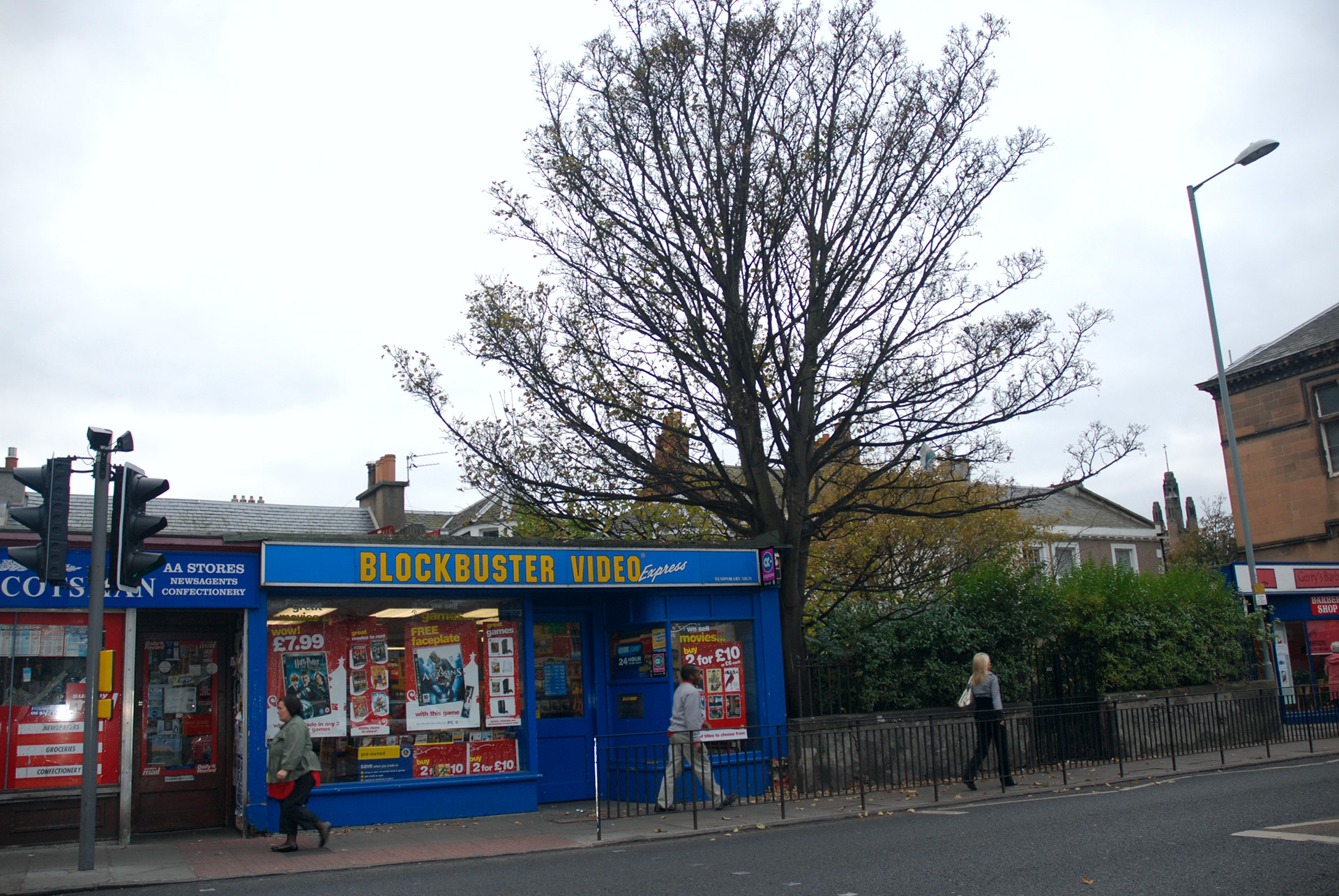
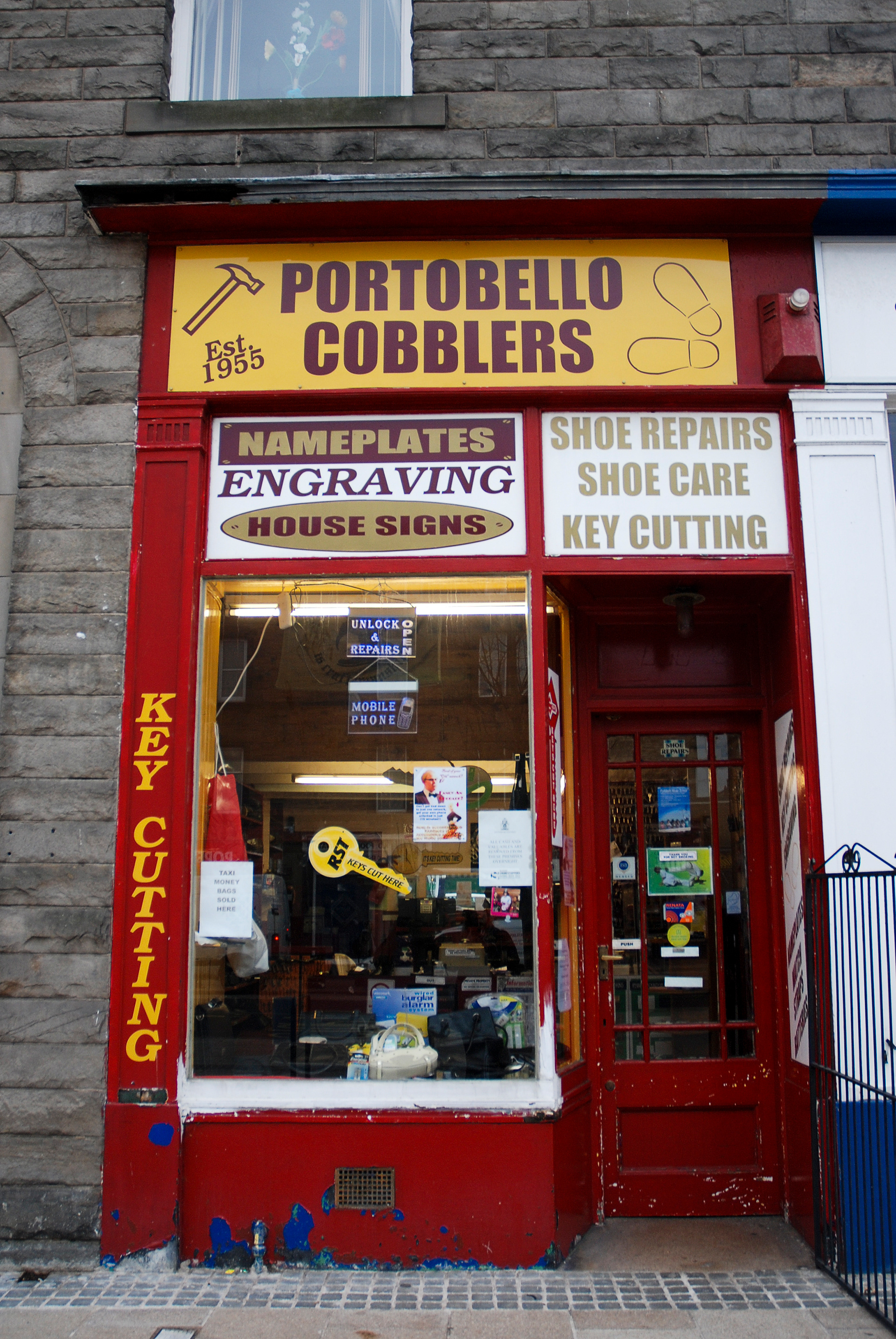
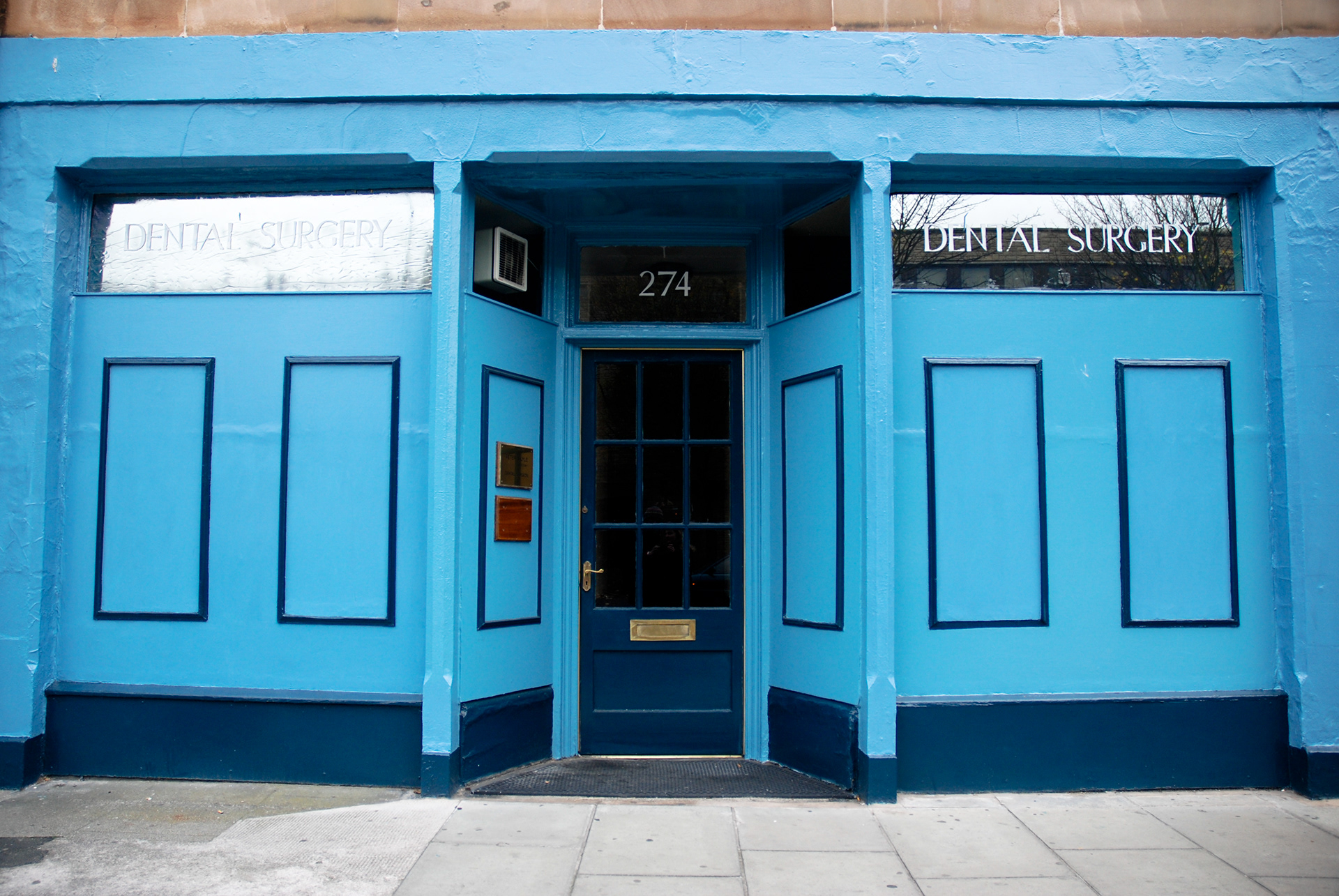
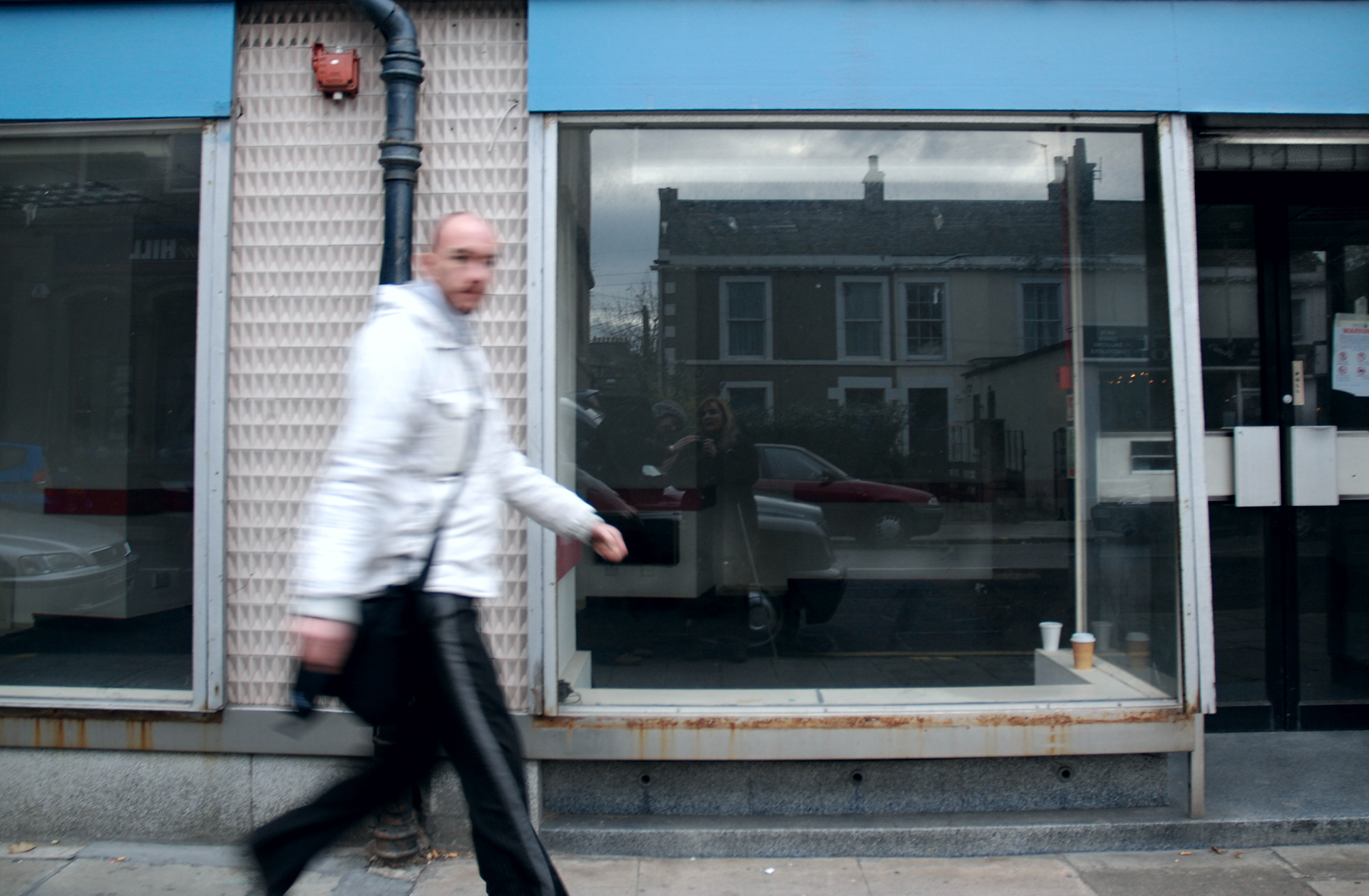
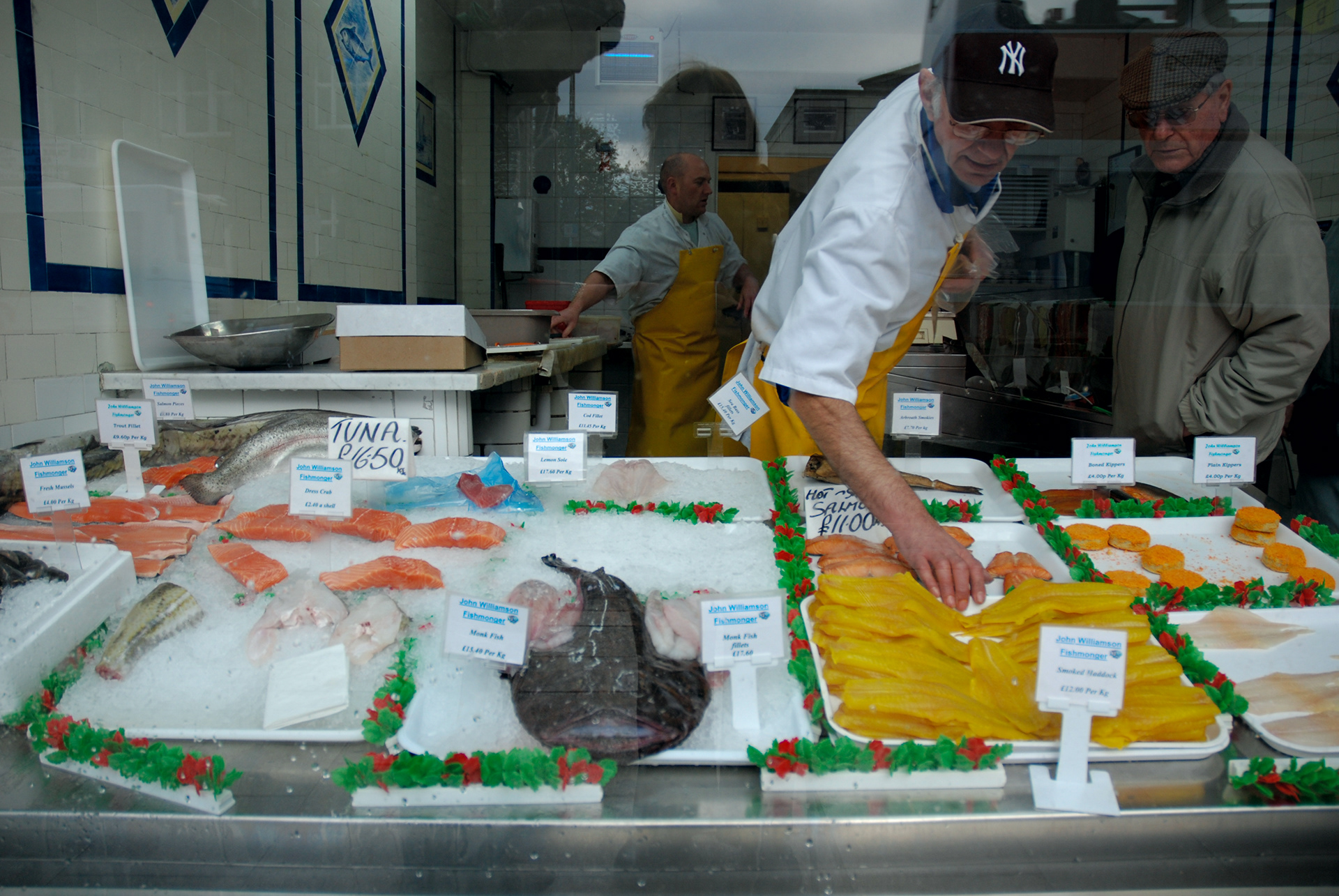
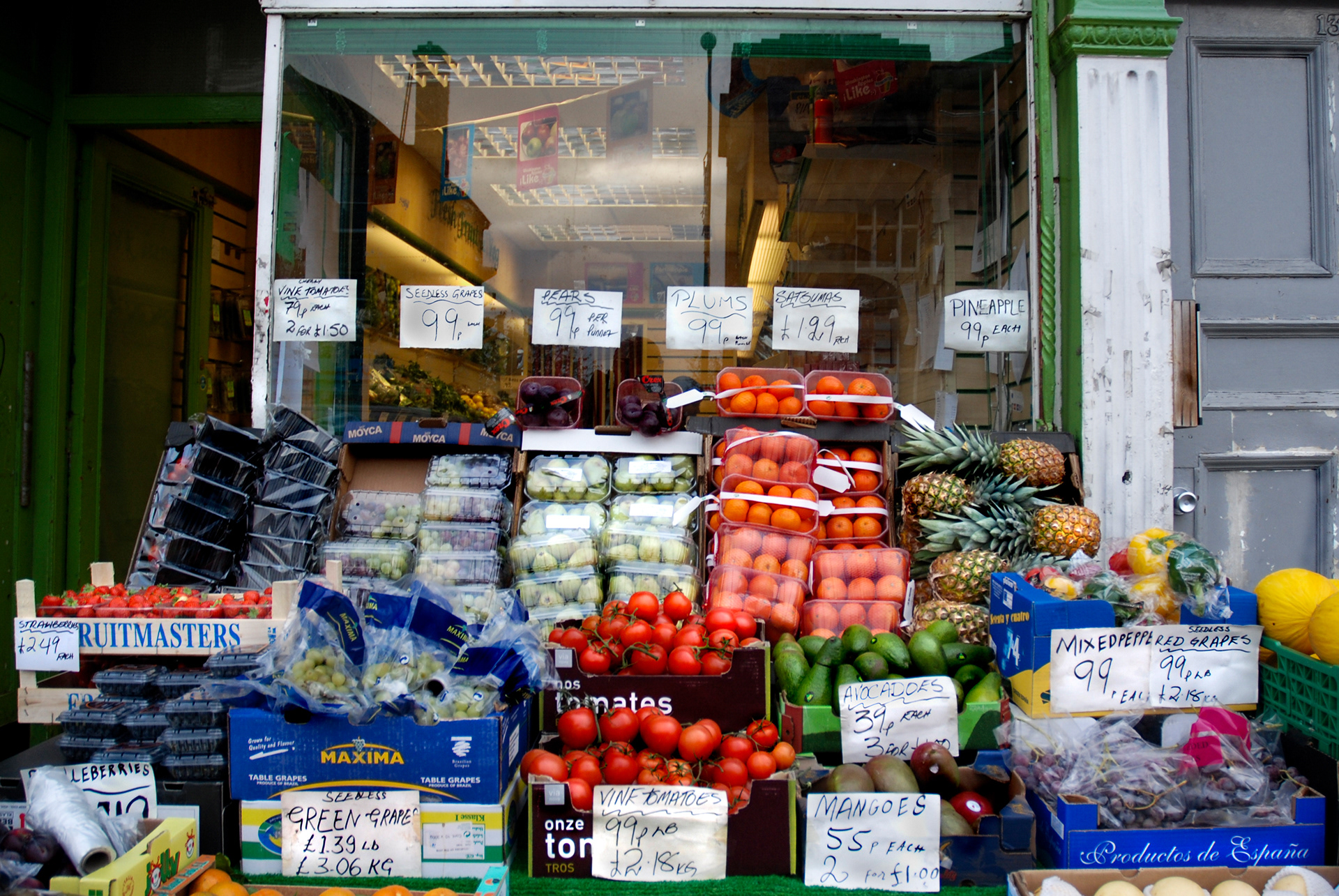
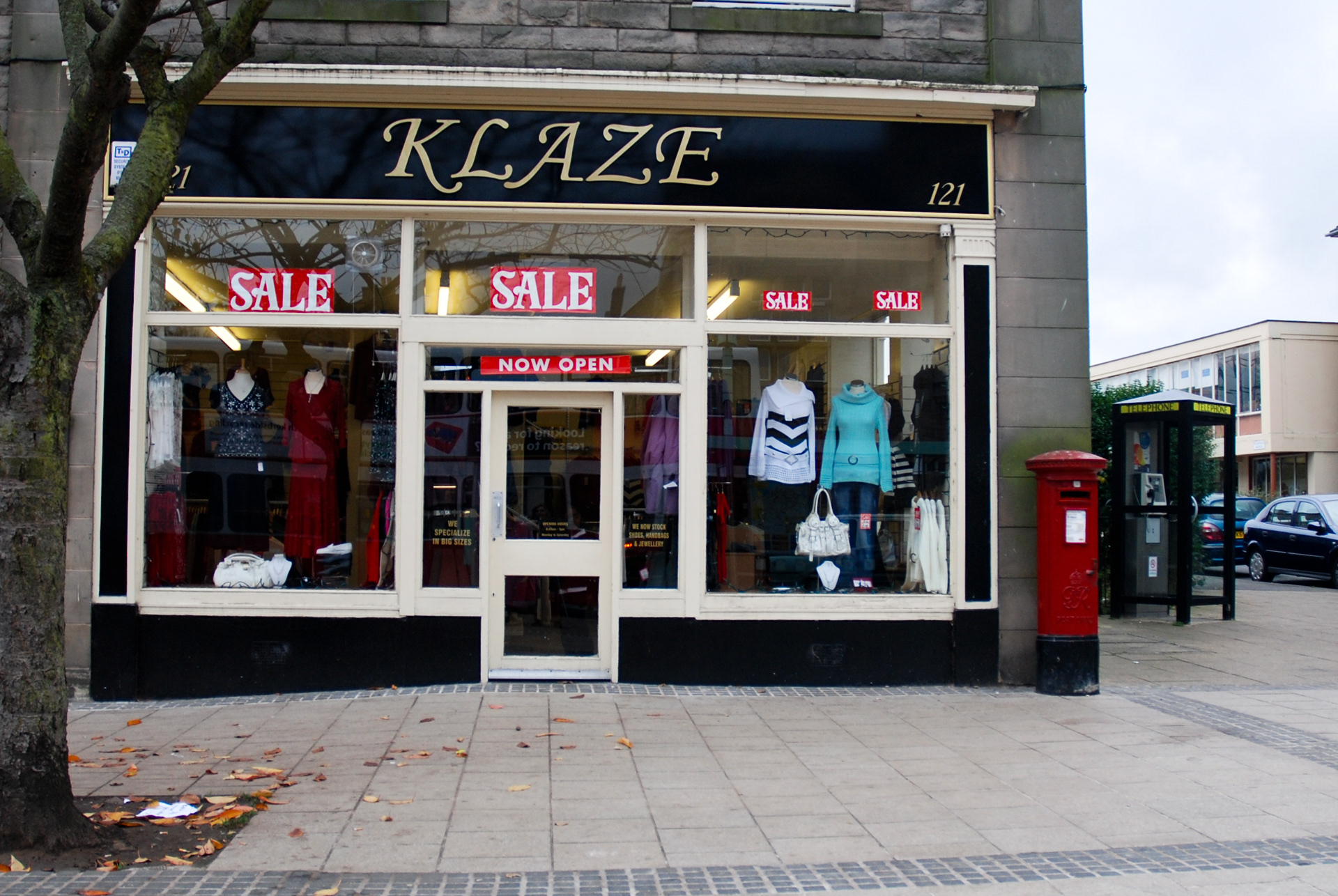
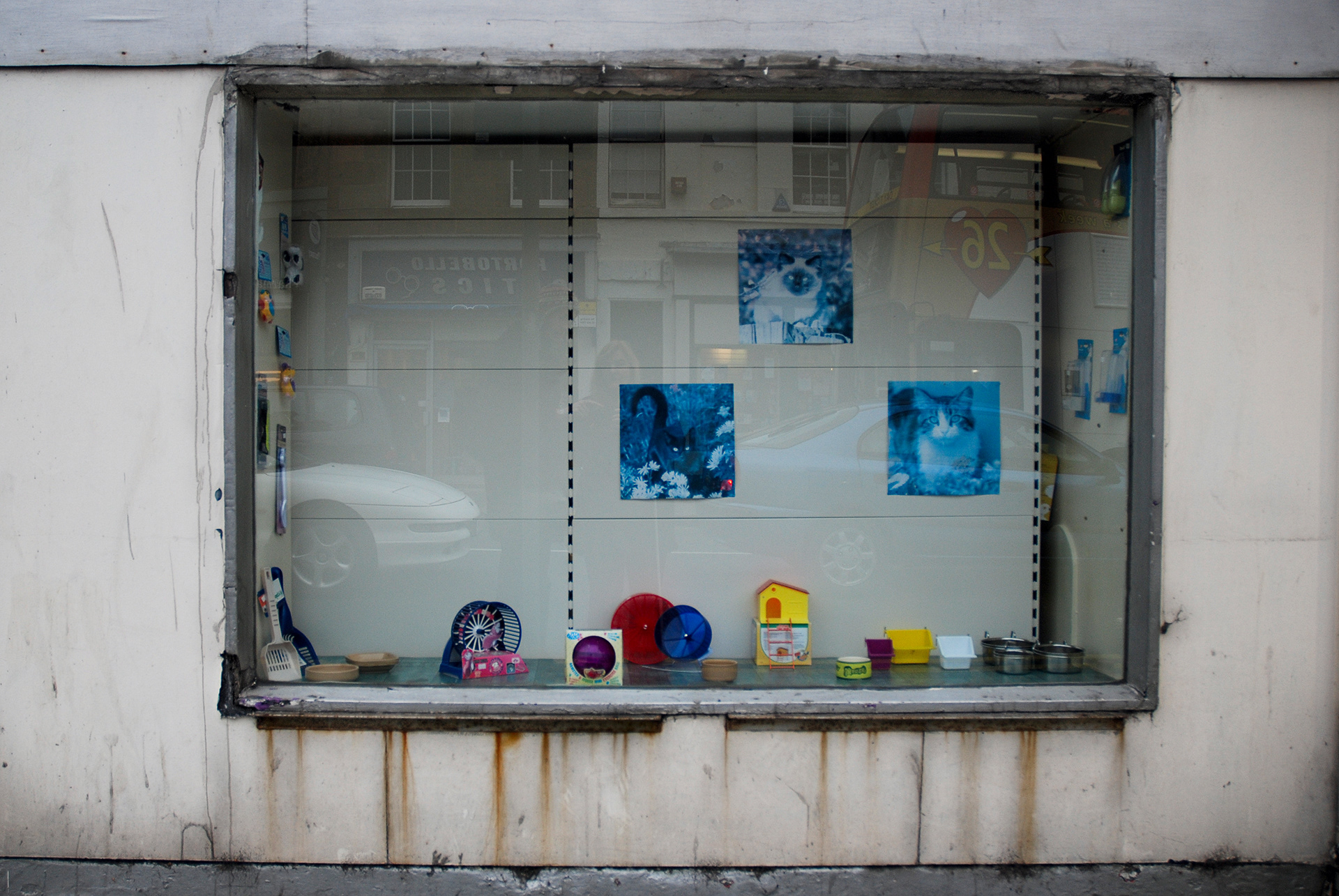
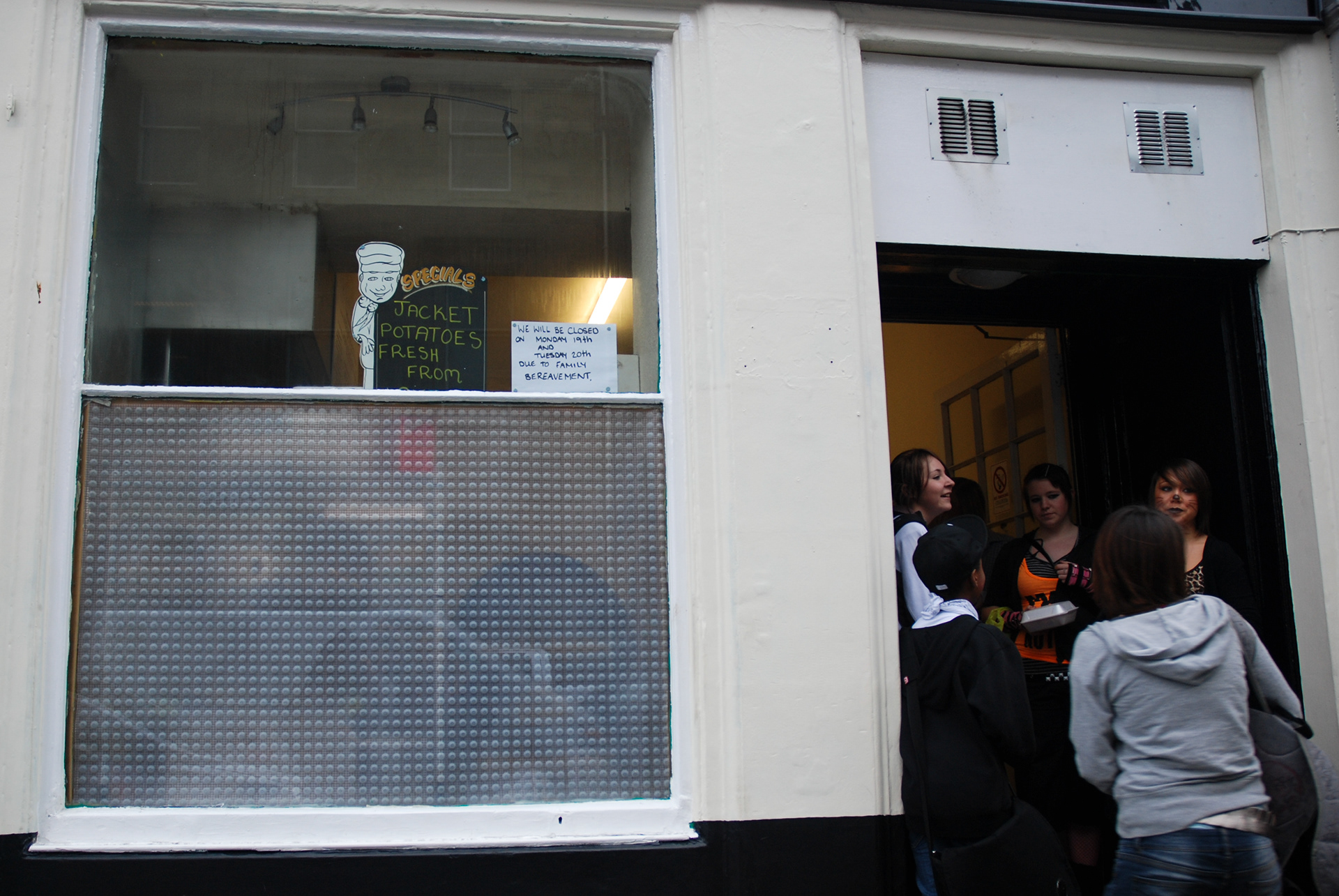
When I moved to Portobello, I lived near a small row of shops - a chemist, a newsagent, a food store, a hairdresser, and a general household shop. These were places I could visit on my own. But I soon noticed something missing: there were no smells.
Years ago, every shop had its own scent - the baker’s, the greengrocer’s, the butcher’s, even the clothes or perfume shops. You could tell what kind of shop it was just by walking past. Now, the new shops are tightly sealed, their fronts flat and closed. As a blind woman, I can’t tell what’s inside. The glass might be transparent, but to me it’s an invisible wall. Unless a door is open - which it rarely is - I have no idea what kind of shop it might be.
This creates both a social and psychological barrier. I’m not tempted to go in, to browse, or to connect with the people inside. Temptation Denied records these shopfronts as symbols of the hidden barriers people with sight loss face -both the physical glass and the loss of sensory and human connection behind it.